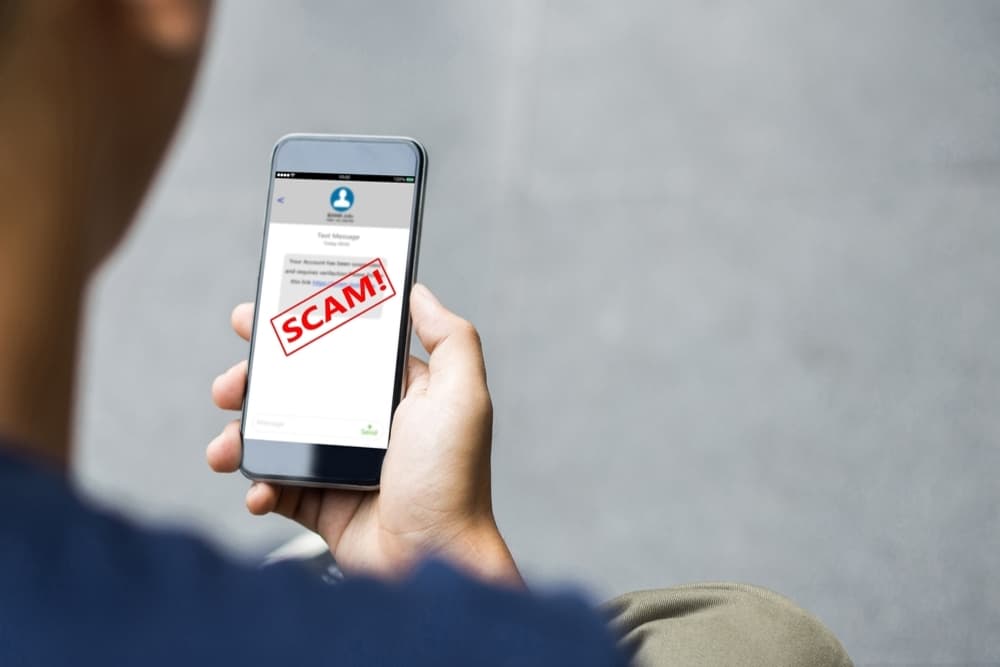8 Things You Must Consider To Avoid Online Fraud
Senior citizens might be more vulnerable to online fraud due to various factors, including age, trusting nature, less tech-savvy, or lack of prompt help from family members.
Senior citizens might be more vulnerable to online fraud due to various factors, including age, trusting nature, less tech-savvy, or lack of prompt help from family members.

Online Fraud
Many people fall victim to online fraud every year, yet there appears to be no foolproof solution to the threat. Criminals continue to scam people through phishing, identity theft, etc. Senior citizens could be more vulnerable due to their old age and trusting nature and their possible lack of skill with new technologies. Thus, an online fraud can not only affect the victims’ financial stability but also the security of their personal information.
Here are eight ways senior citizens can escape the menace of online fraud
Advertisement
Criminals create malicious URL links to commit fraud. These links are sent through emails, text messages, social media posts, mobile applications, etc. Scammers meticulously create these links to make them look legitimate or from a trusted source and trick their victims into clicking them. Avoid clicking on these suspicious links.
To verify if the site is secured, check if the site’s URL begins with “https” and if there is a lock icon near the address bar. If you see a message stating that a particular website may contain malicious files, do not open it. Never download files from suspicious emails or websites.
Advertisement
Another fruitful tool to avoid online fraud is Antivirus. It helps to detect, block, and remove viruses, malware, and ransomware. They also restrict access to harmful websites. They scan files, emails, and web pages for signs of malicious activity.
A strong password is complex, lengthy, unpredictable, and unique for each account. Consider using a password manager to handle multiple strong passwords effectively. Regularly change your passwords and keep them private. Secure recovery options and periodically review and update your passwords, as they are your first defence against unauthorized access and essential for safeguarding your online identity and personal information.
Enabling Two-Factor Authentication will add a layer of security to the authentication process. It will make it harder for the attackers to access a person’s devices or online accounts. Even if somehow the victim’s password is hacked, a password alone is not enough to pass the authentication check.
Make it a rule never to share personal or financially sensitive information online. Most phishing emails will direct you to pages where you are required to fill in financial or personal details. Avoid making confidential entries to the links given in the suspicious emails. Always check the address of the website.
A firewall acts as a critical barrier between your computer or network and the internet, playing a pivotal role in avoiding online scams. It monitors incoming and outgoing internet traffic, allowing only authorized data to pass through while blocking potentially malicious or fraudulent content. By analyzing data packets for signs of malware, phishing attempts, or suspicious activity, a firewall can prevent scammers from gaining unauthorized access to your system.
Regularly updating software helps avoid online scams by patching security vulnerabilities that hackers can exploit. Software updates often include patches that fix bugs and vulnerabilities hackers can use to access your system or data. These patches keep your device secure and protect it from software holes that give hackers easy access to multiple devices and their data. It improves the performance of your system. A faster and more stable system is less vulnerable to disruptions caused by malicious activities.
Advertisement
Usually, it’s advisable to close all your loans before you retire. After retirement, if you still have an outstanding loan and fail to repay the equated monthly instalments on your loan on time, it leads to a loan default. In the case of a home loan, a default can put retirees in a serious financial situation
The Reserve Bank of India (RBI) says the responsibility to provide correct inputs, particularly the beneficiary account number information, rests with the remitter/originator.
Varishtha Pension Bima Yojana provides pensions to senior citizens within a month of purchasing the plan. Learn about the policy features, returns, pension amount and other benefits.
Get all the latest stories delivered to your inbox
Advertisement
Get all the latest stories delivered to your inbox